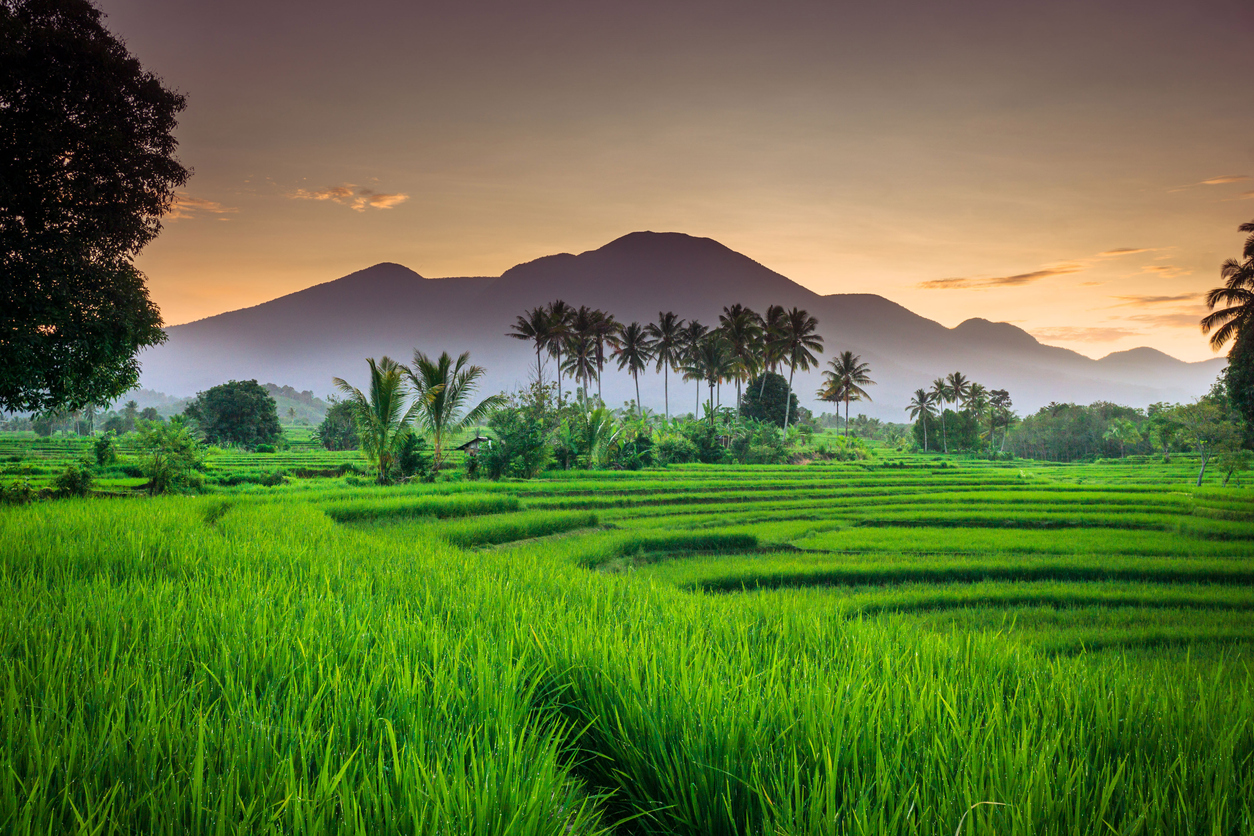No Viral, No Case? The Critical Role of the Public in Reducing Land and Resource Conflicts
 22 August 2024
22 August 2024
Have you heard of land disputes between indigenous people and big companies? These aren’t just fights between two sides; they’re big problems that affect people’s lives, the environment, and even a country’s economy.
When we talk about land and natural resource conflicts, we usually only see the obvious part. We focus on the argument between the people who feel hurt and the people who caused the problem. But there’s more to it than that. These conflicts are about more than just land or resources; they’re about fairness, human rights, and keeping our environment healthy.
We often see an interesting pattern in how land and natural resource disputes are handled in Indonesia. Many cases only get the government’s attention when they become big news on social media. People call this the “no viral, no case” situation. It means that if something doesn’t go viral, it’s less likely to be taken seriously or solved quickly.
So, do we really need to wait for a problem to go viral before the government does something about it? Shouldn’t the government try to stop these problems before they get big? Of course, people are important in pushing the government to act. But why do people often only care when something is already a big deal?
The public tends to perceive land and natural resource conflicts as less compelling compared to issues like corruption or politics. Yet, the consequences of these conflicts are far more tangible, immediate, and enduring for affected communities.
It appears that media attention, particularly viral content on social media, is frequently a prerequisite for government action on these issues. This highlights the crucial role of the media in holding governments accountable and ensuring that public interests are not sidelined. In fact, community scrutiny needs to be deep and sustained to ensure that conflict management efforts meet the expectations of the parties to the conflict, truly resolve the core issues, and not just as a step to reduce public pressure.
To raise public awareness about the urgency of land and natural resource conflicts, we need to take action. One way is by communicating the significant costs and risks associated with these conflicts. It’s also crucial to educate the public about the root causes and impacts of these issues, empowering them to become part of the solution.
Amidst the complexities of land and natural resource conflicts, the emergence of independent institutions like CRU Indonesia offers a breath of fresh air. Initially a KADIN initiative, CRU Indonesia has evolved into an independent entity focused on improving the investment climate for land and natural resources. Through a non-confrontational and comprehensive approach emphasizing dialogue with various stakeholders, CRU Indonesia strives to create sustainable solutions for land and natural resource conflicts. Through various programs and initiatives, CRU Indonesia not only helps resolve existing conflicts but also seeks to reduce the risk of new conflicts.
Land and natural resource conflicts are complex issues that require careful and thoughtful approaches to find comprehensive solutions acceptable to all conflicting parties and stakeholders. Public engagement is crucial in urging governments and authorities to be more responsive to these issues. Additionally, the presence of independent institutions like CRU Indonesia is essential to contribute to finding sustainable solutions.
